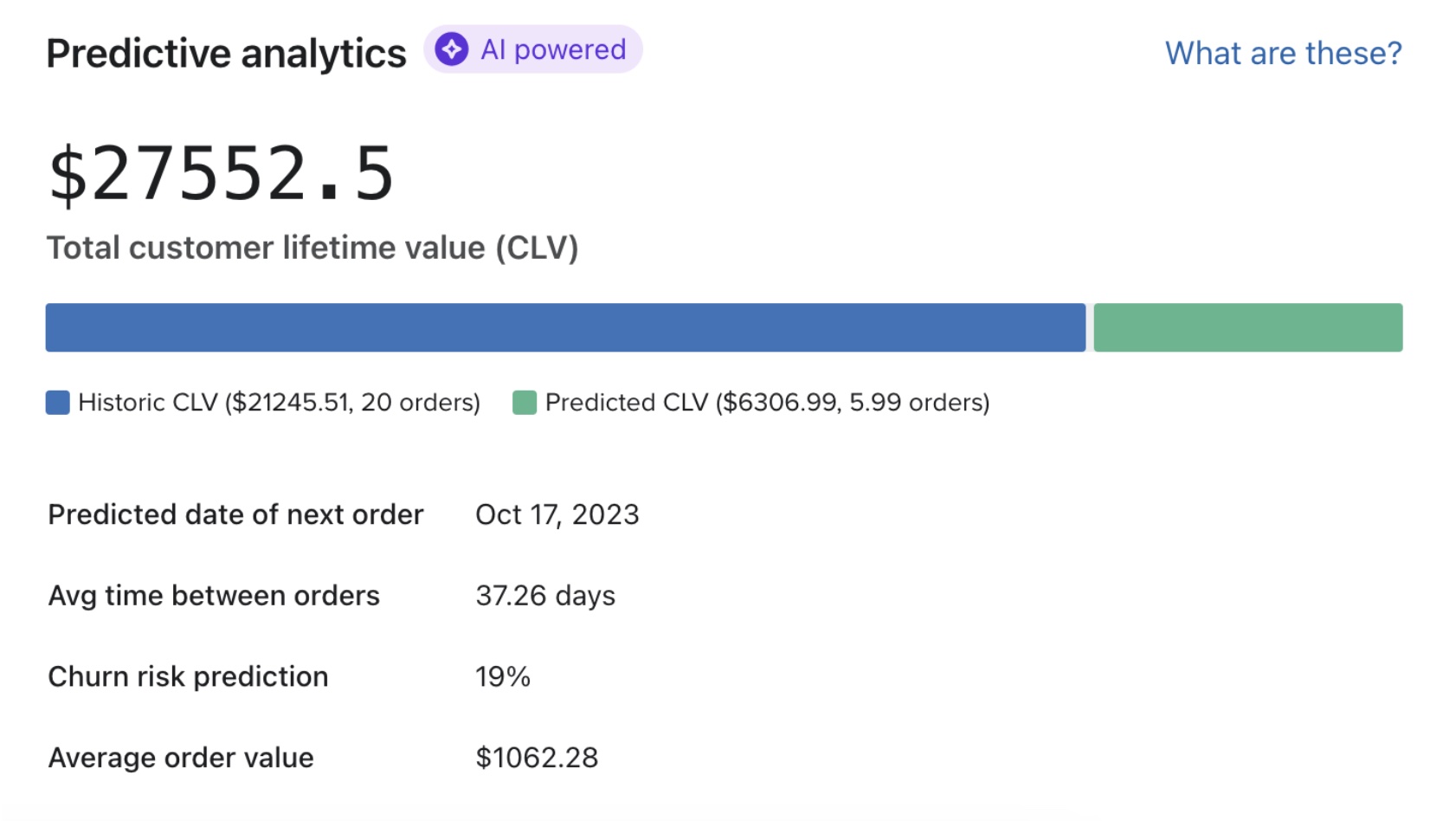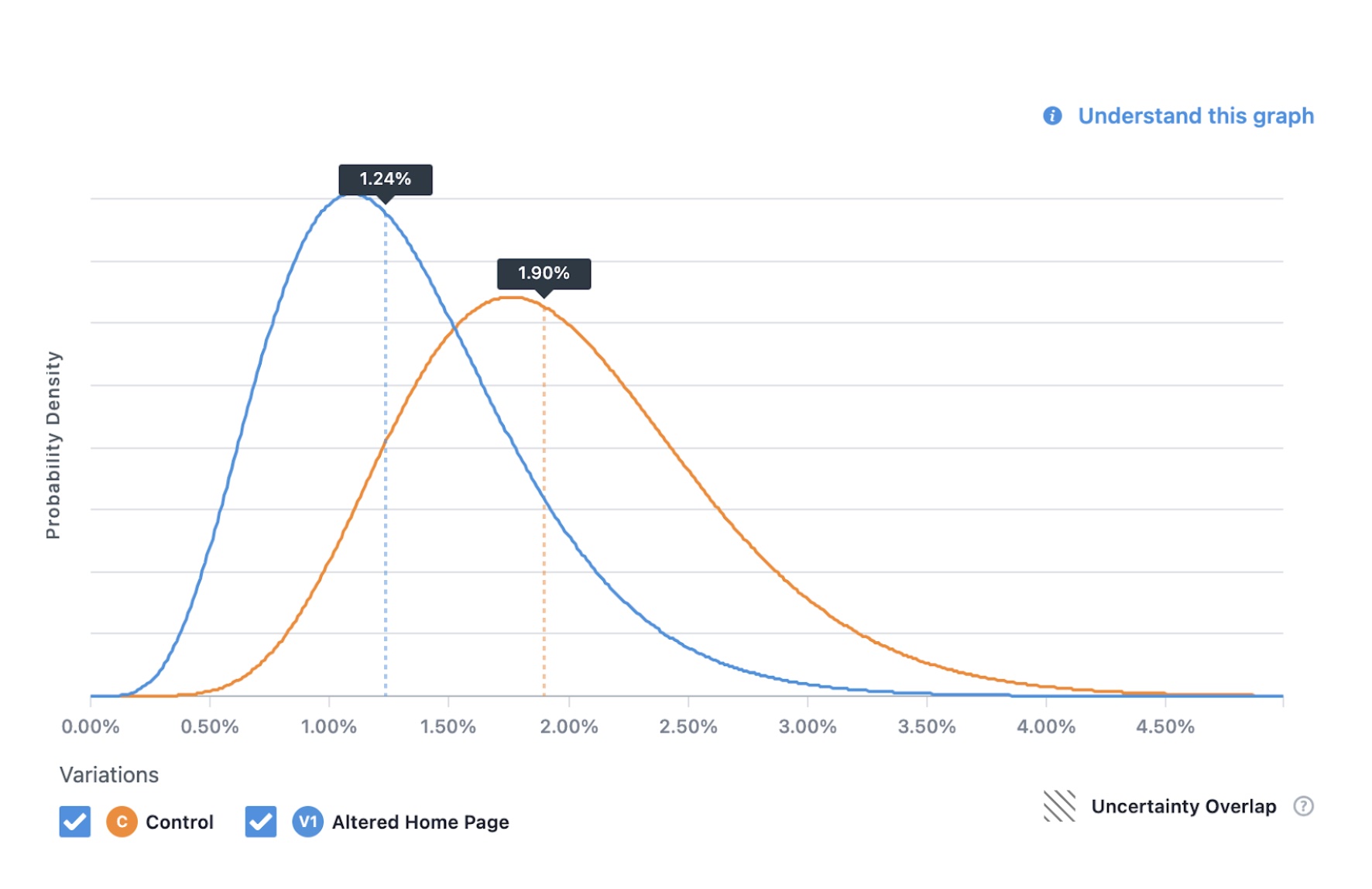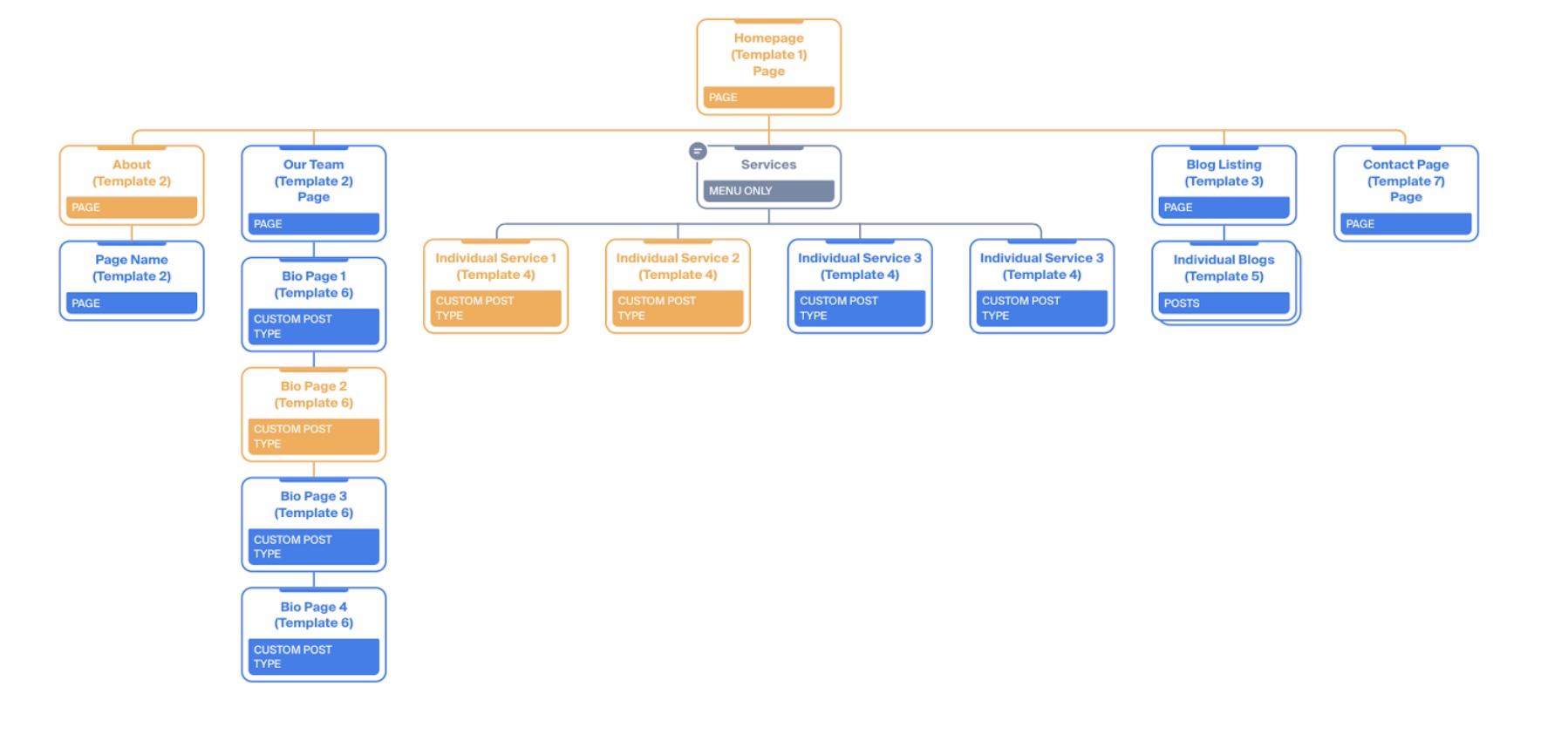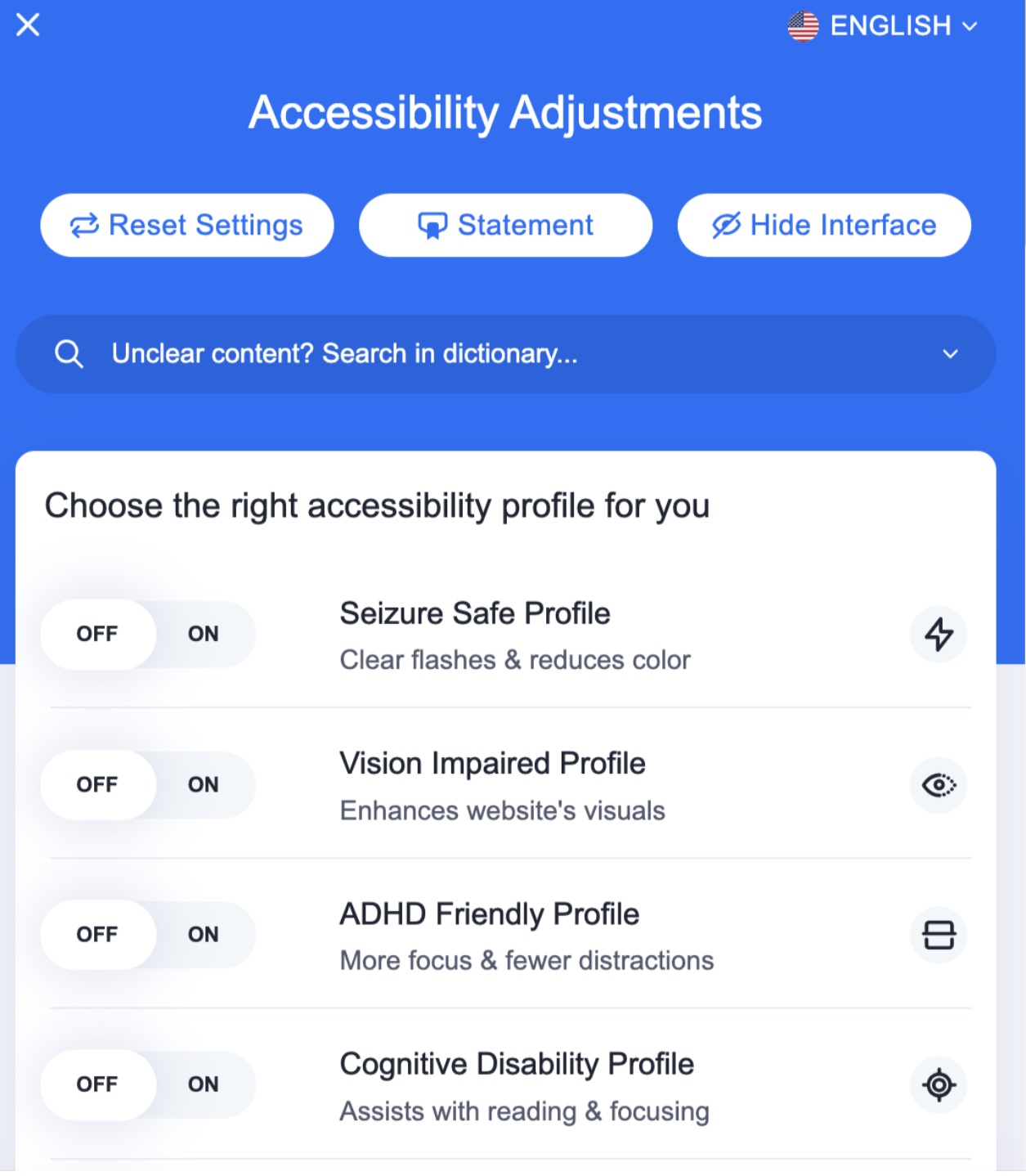It’s time to start building your 2024 Strategic Marketing Plan and set your budgets for next year. Although it might be tempting to let your marketing run on autopilot, it’s crucial to take a step back and evaluate the upcoming marketing trends and economic landscape.
Here are 10 marketing tactics you should consider as you start your annual reviews, budget setting, and marketing plan creation:
- Predictive Analytics
- Voice Search Optimization
- Social Media Commerce
- Micro and Nano Influencer Marketing
- Segmented Audiences and Platform Stacks
- Google Optimize Sunset (New A/B Testing Tools)
- Retaining Lists and Customers
- Content Clean Up
- Iterative Website Plans
- Accessibility
Predictive Analytics
While there are a million ways we could talk about AI & Machine Learning dominance in marketing, one of the most interesting is predictive analytics. AI can automate repetitive tasks, create content, and optimize processes in our workflows, but it excels in seeing and analyzing things we don’t..
There are already tools on the market, like Klaviyo, that use machine learning to analyze the best email send times, predicted date of next order and customer churn probability.

In 2024, more tools will leverage machine learning to identify issues and suggest optimization. So watch for new predictive tools available in your various marketing platforms and social media tools.
This tactic is especially critical for DTC and eCommerce businesses that rely on repeat purchases from a single customer. Still, as Machine Learning gets more and more sophisticated, you can expect to see it all over this year.
What to include in your marketing plan:
- Use predictive analytics to increase your email open rates.
- Create a workflow for high-churn probability emails to re-engage them.
- Use A/B testing tools to optimize CTR and conversion rates.
- Incorporate lead scoring systems to maximize your team’s time.
- Implement personalization on your website and campaigns.
Voice Search Optimization
The prominence of voice search is on the rise. In fact, more than 1 billion voice searches take place every single month. As users transition from asking simple questions like “Who was the lead actress in the Barbie movie” to “plumbing company near me”, it becomes increasingly essential for voice search to be part of your marketing strategy.
This is one of the top marketing tactics that should be on your radar in 2024 if you’re a local business. Ensure your site is optimized for common search queries and questions that might be the difference in getting found by your customers via voice this year.
Voice is also going to start to enter the chatbot space. If you’re in a high-service industry with a tech-enabled audience, now might be the time to start looking at voice-enabled chatbots. Especially if you already have some chat function on your website.
What to include in your digital marketing plan:
- Optimize your site for local voice search.
- Use conversational language.
- Answer user questions and long-tail keywords.
- Add supporting content to your high-performing posts.
- Consider voice-enabled chatbots.
Social Media Commerce
TikTok continues to dominate the social media space, and its TikTok shop platform is no exception. The platform heavily incentivizes new customer purchases, bringing in an influx of buyers.
But this is just the latest in a several-year-long stretch to stop users from leaving native platforms, allowing platforms like Facebook, Instagram, and TikTok to control the user’s experience and take a cut of the sale.
While jumping on these marketing strategies and trends is not for every business, it can be beneficial to capitalize on a company’s push to make something successful. If you have more impulse purchases or highly niched consumer products, this could be an excellent window to leverage algorithmic tide.

What to Include in Your Digital Marketing Strategy:
- Research competitors using eCommerce shopping functionality.
- Rollout social media commerce with best-selling or high-margin products.
- Create exclusive products or bundles on these social platforms.
- Test an alternative variant of a product that’s more social-media ready (i.e., ebooks or webinars).
Micro and Nano Influencer Marketing
While not new to 2024, this tactic has moved from experimental to solid investment as marketers have seen an average of 6x return on their investment.
And while you don’t need a celebrity endorsement, there are a wealth of platforms you can use right now to find your next ambassador, or you can promote signups on your website for your managed influencer program.
In the last several years, connecting with Micro and Nano influencers through TikTok, YouTube, and other platforms has become easier.
Marketers who used micro and nano influencers have found them to produce higher engagement rates, increase customer trust, and take a lower investment than other forms of Influencer Marketing.
What to include in your digital marketing plan:
- Research micro and nano influencers in your industry.
- Test an influencer campaign on a platform of your choice.
- Invest in influencer-created video assets.
- Run cross-platform ad campaigns using successful assets
Segmented Audiences & Platform Stacks
Understanding challenges in the landscape can be a critical part of making a high-value marketing plan, and one of the biggest challenges over the last several years in the marketing world is the segmentation of audiences.
We live in a world with endless choices. As a result, your target audience may have different technology preferences.
With the continued phasing out of third-party cookie data, you’ll need to find creative ways to engage with your customers personally and encourage them to offer you their information upfront.
Doing so will continue to challenge marketers across industries and verticals. Unfortunately, the best way to overcome this is to make a digital strategy that accounts for the variety of places your audience might be engaging.
What to Include in Your Digital Marketing Plan:
- Test a campaign or content strategy on a platform you’ve never tried before.
- Create systems to tweak and re-purpose content across platforms.
- Do customer research to find out where your most effective channels will be.
- Analyze engagement, visit, and customer metrics to understand the complete picture of your buyers.
READ MORE: What You Need to Know About GA4 and the Universal Analytics Sunset
Google Optimize Sunset (New A/B Testing Tools)
Google is sunsetting its free A/B testing tool at the end of September, so maybe it won’t surprise you to hear that most companies didn’t utilize this free tool!
That said, A/B testing is one of the best ways to improve your existing assets’ performance. Changing layouts, language, and colors can improve conversion rates and the effectiveness of your campaigns.
There are Google Analytics integrations with Optimizely, VWO, and AB Tasty, but that doesn’t mean those are the only tools you can use.

Getting A/B testing set up should be a top priority for any company in any industry because knowing that you’ve got the best version of your copy, landing pages, and more is crucial for any business.
What You to Include in Your Marketing Plan:
- Migrate or set up an A/B testing platform.
- Run regular experiments on your site to find key improvements.
- Test wording or conversion on new products or offerings.
- Evaluate the effectiveness of core messaging and how well it resonates with your target audience.
Retaining Lists and Customers
As the marketing landscape gets more and more segmented, the importance of owning and managing your lead and customer lists only grows.
While having thousands of social media followers is still an asset, marketers can no longer depend on always being able to reach that audience. Social trends and audience trust in platforms can change quickly.
What worked in advertising campaigns several years ago doesn’t work the same today. And while we can keep evolving, there’s nothing better than owning your lists.
Such a tactic is significant for B2B and B2C companies across all industries.
What Can You Add to Your Digital Marketing Plan:
- Use campaigns to capture leads from your social media audience.
- Test SMS marketing for your audience.
- Engage your users with email marketing.
- Create newsletter and lead generation campaigns by offering valuable insights.
Content Clean Up
Do you have blogs from 2015 or before? Are they still bringing SEO value or just taking up space? We’ve created numerous articles on improving your content’s quality to educate readers, position you as a thought leader, and help you improve keyword rankings for your business!
Not only is content still king, but it’s also a lucrative and competitive market. Don’t think that you can just throw up a new page or blog post without a strategy and expect to see results. From social media to blogs to streaming services, it’s all about creating lasting connections with content.
– Britt Laeger, Director of Marketing Operations at Brandography
In 2024, a vital part of your marketing strategy plan must include revisiting your old content and ensuring it’s up to industry standards. In fact, you often find more value in updating old content than creating new copy.
The key is to ensure you create clarity for Google and provide high-value content for your target audience.
What to Add to Your Marketing Plan:
- Investigate high-value content that has decreased in traffic, views.
- Archive or unpublish content that is no longer relevant or up to date.
- Combine together pages that have similar content.
- Find content gaps on your site and fill them in with new pages/content.
Iterative Website Plans
Historically, the standard website practice is to do a complete redesign every 2-4 years, depending on your industry.
There are several reasons for this approach:
- Stay up-to-date with technological changes, web standards, search algorithms, etc.
- Refresh the look and feel to keep visitors engaged with your website.
- Do a content audit of pages that are underperforming.
- Update the UI/UX of your website to make it as user-friendly as possible.
However, there has been a shift in the website development world, and many companies are now moving to a growth-driven design methodology.
Growth-driven design 101
Growth-driven design is a more agile, focused website redesign sprint instead of the giant overhaul website projects that companies have historically used.

Another thing that search engines favor is regularly updated websites because the newest information is often the best. With that in mind, companies are shifting away from lengthy redesign projects to minor, more iterative website design and development agreements.
This change allows marketers to test and measure what works best for their audience and double down on areas where they are most successful.
What to add to your marketing plan:
- Evaluate your website against best practices, industry standards, and your competitors.
- Research growth-driven website design.
- Identify one area of your website that could use an update, refresh, or reorganization.
- Consider having a website company do an audit of your site to identify potential growth areas.
Accessibility
Improving your website’s accessibility has always been an ongoing effort. But lately, we’re learning that more businesses in the service and medical industries are receiving letters threatening to take action against their websites that fail to meet accessibility requirements.

Knowing how to cover yourself will be essential in 2024. If you’re worried about the accessibility of your site, our team can help you find the tools to get your site up to standards and keep it compliant, so you can get back to serving your customers!
What to Add to Your Marketing Plan:
- Add accessibility tools to your site to improve readability.
- Leverage multiple forms of content, such as graphics, video, audio, and text to increase readability for your audience.
Getting Leadership Buy-In on the Importance of Digital Marketing Trends
Most leadership teams already understand how the digital environment is shifting, and they’ll likely be ready to invest in new ideas. Your main challenge will be getting them to focus on the horizon rather than the easy wins in front of them.
Get prepared by asking yourself the following questions first:
- What are my company’s KPIs, priorities, goals, or rocks for 2024?
- What issues (if any) led to my company’s new priorities?
- How can I tie my strategic marketing plan to solving my company’s challenges?
- How will I communicate the value proposition of each part of my plan using simple language?
- Do I have any current data that I can show regarding maintaining momentum toward a goal?
- Can I promise time to set up regular touchpoints and show progress through common KPIs for digital marketing?
Preparation is essential for getting the all-important buy-in (and hopefully an increased budget) for your 2024 digital marketing efforts. If you can answer these questions confidently, getting your leadership team as excited as you about new trends should be more accessible.
Need Help with Your Strategic Marketing Plan?
At Brandography, we’re passionate about being forward-thinking. In an industry that’s constantly changing, our team rises to the challenge of helping our customers find a way to connect with their target audience.
We offer comprehensive marketing plans, website audits, and creative strategies to get you started. You can also spend some time before next year looking over our past blogs and case studies to learn how we can help.
When you’re ready, don’t hesitate to reach out for a fresh start on your digital marketing plan next year.





